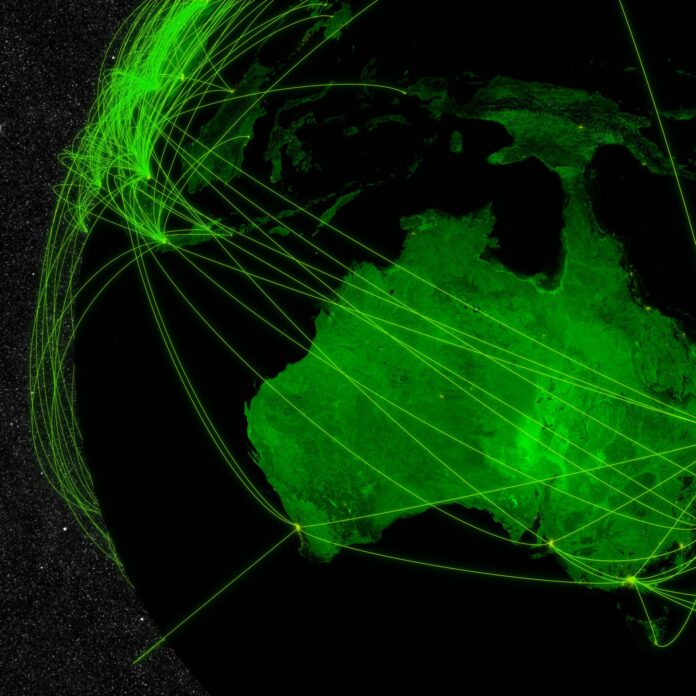In August 2018, the Australian government prohibited certain vendors from taking part in 5G deployments
Australian carrier TPG Telecom has decided to cease rollout of its mobile network infrastructure in Australia, after the local government prohibited the use of Chinese vendor Huawei Technologies in 5G networks.
TPG Executive Chairman David Teoh called it “extremely disappointing that the clear strategy the company had to become a mobile network operator at the forefront of 5G has been undone by factors outside of TPG’s control.”
“A key reason for the selection of the vendor and the design of TPG’s network was that there was a simple upgrade path to 5G, using Huawei equipment,” the company said in a statement. “In light of the government’s announcement … that upgrade path has now been blocked.”
The carrier said it had incurred expenditures of about AUD100 million ($71.66 million) to roll out a network primarily based on small cells. TPG said it purchased equipment for 1,500 sites and had fully or partially completed just over 900 small cells.
“TPG has continued to rollout equipment which it had ordered from Huawei prior to the government announcement, but the company has now reached the decision point for whether to place orders for additional Huawei equipment,” TPG added.
TPG said it “has been exploring if there are any solutions available to address the problem created by the Huawei ban but has reached the conclusion that it does not make commercial sense to invest further shareholder funds (beyond that which is already committed) in a network that cannot be upgraded to 5G.”
In August 2018, Australian authorities announced a decision to prevent certain vendors from taking part in the rollout of 5G mobile networks across the country, effectively banning Chinese companies Huawei and ZTE from involvement. Huawei said the decision by the Australian government to block the company from the country’s domestic 5G market was politically motivated and not the result of a fact-based decision-making process.
“A non-competitive market will raise the cost of network construction and have lasting effects on Australia’s transition to a digital economy. In the end, everyday businesses and consumers are the ones who will suffer the most from the government’s actions,” the Chinese vendor said in its statement.
Huawei also faces restrictions in neighboring New Zealand, where local carrier Spark said the local government would not allow the company to deploy 5G gear manufactured by the Chinese vendor over alleged national security risks.
Other countries including the U.S., Canada, Japan the U.K. and Germany have already taken certain steps or are considering to block or limit purchases of network equipment from Huawei and ZTE, over security allegations. The U.S. Department of Justice also filed a number of charges against Huawei, its CFO and two Huawei affiliates this week, alleging financial fraud and misrepresentation in order to violate U.S. sanctions against Iran, as well as corporate espionage in the U.S.

